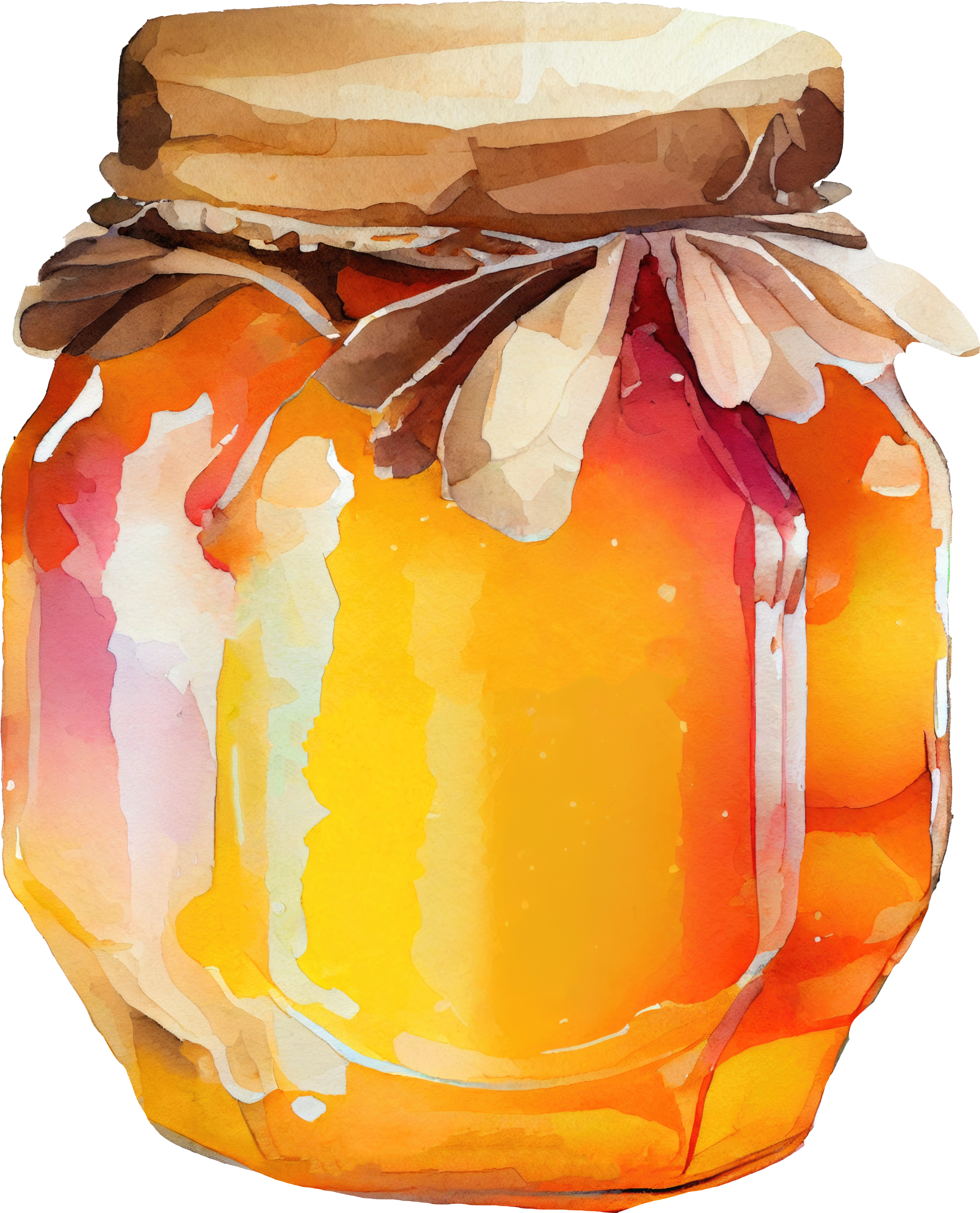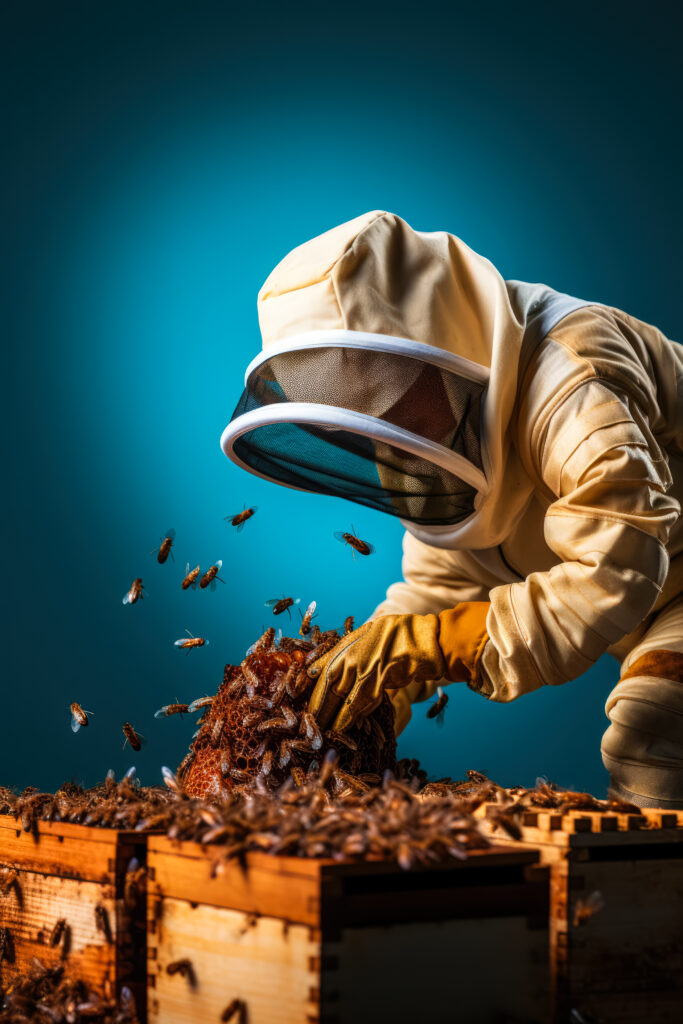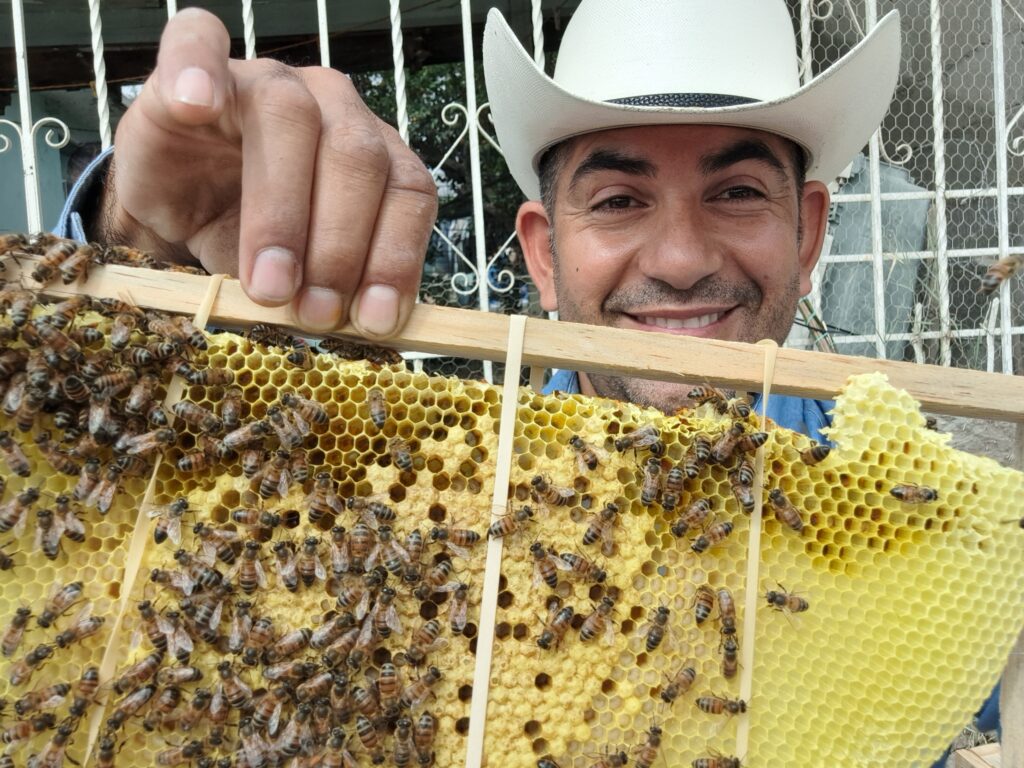Honey Therapy
Honey Therapy in Apiculture: Nature's Golden Elixir for Health and Healing
Introduction
Honey therapy, also known as apitherapy, is a branch of apiculture that harnesses the healing properties of honey, propolis, royal jelly, and other bee-related products for various health and wellness purposes. It is a practice with ancient origins, rooted in the wisdom of traditional medicine and the therapeutic potential of bee-derived substances. In this comprehensive exploration, we will delve into the historical context, the potential health benefits, and the modern applications of honey therapy.
Historical Roots of Honey Therapy
The use of honey for its medicinal properties can be traced back thousands of years to diverse cultures, including ancient Egyptians, Greeks, and Ayurvedic practitioners. These civilizations recognized the unique properties of honey in wound healing, as an antibacterial agent, and for soothing a range of health conditions. The ancient Greeks even revered honey as "the nectar of the gods."
Throughout history, honey has been applied topically to wounds and consumed orally as a remedy for various ailments. The early recognition of honey's therapeutic benefits forms the foundation of contemporary honey therapy.
Health Benefits and Therapeutic Claims
Honey, along with other bee-derived substances, is believed to offer a plethora of health benefits:
Antibacterial and Antiseptic Properties: Honey's high sugar content and low water content create an inhospitable environment for bacteria. It can be applied topically to wounds to prevent infection.
Wound Healing: Honey therapy promotes tissue regeneration and wound healing, particularly for burns and ulcers.
Cough and Cold Relief: Honey is a natural cough suppressant and is often used to alleviate cold symptoms and sore throats.
Digestive Health: Consuming honey may soothe digestive discomfort and support a healthy gut. Propolis, a resinous substance collected by bees, is rich in bioactive compounds with potential digestive benefits.
Skin Health: Honey is used in skincare products due to its moisturizing and antioxidant properties. It may help improve skin conditions like acne and eczema.
Immune System Support: Bee products like royal jelly and propolis are believed to boost the immune system and overall vitality.
Anti-Inflammatory Effects: Honey contains flavonoids and antioxidants that may have anti-inflammatory effects, potentially helpful for conditions like arthritis.
Safety Considerations
Honey therapy is generally considered safe for most individuals. However, some precautions should be noted:
Infant Botulism: Honey should not be given to infants under one year of age due to the risk of infant botulism.
Allergies: Individuals with allergies to bee products, such as honey, propolis, or royal jelly, should avoid honey therapy.
Diabetes: People with diabetes should monitor their honey intake and consult with a healthcare provider, as honey is a source of natural sugars.
Quality and Purity: Ensuring the quality and purity of honey and other bee-derived products is essential to avoid potential contamination.
Modern Applications
In the modern age, honey therapy has evolved beyond traditional remedies and is incorporated into various wellness practices:
Nutraceuticals: Honey and bee-derived supplements are used as nutraceuticals to support health and well-being.
Skin Care: Honey-based skincare products are popular for their moisturizing and antioxidant properties.
Apitherapy Clinics: Some healthcare practitioners specialize in apitherapy, offering treatments like bee venom therapy and honey-based wound care.
Research: Ongoing research explores the biochemical properties of honey and bee products, shedding light on their potential applications in mainstream medicine.
Conclusion
Honey therapy, rooted in centuries of traditional medicine, continues to be a source of fascination and research in the modern world. Its potential health benefits, coupled with the enduring allure of natural remedies, ensure that the therapeutic applications of honey and other bee-derived substances will remain a vibrant part of apiculture and wellness practices. As research advances, it may unlock even more of the mysteries and potential of this golden elixir.




